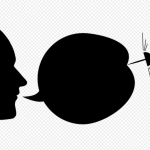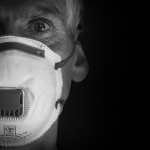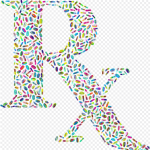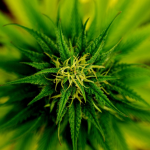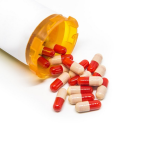Evidence suggests that Tylenol isn't an effective pain reliever in many cases, so why do doctors rely on it post-surgery? When it comes to treating and discussing COVID-19, do doctors have the right to speak freely, even when they dissent from accepted medical wisdom?
ACSH Science Dispatch Podcast
In the wake of Hurricane Katrina in 2005, a physician was charged with manslaughter for administering morphine and a sedative to patients who couldn't leave the hospital during the disaster. Was she alleviating their pain and anxiety or trying to kill them? Meanwhile, many news outlets are paid to slant their science coverage. How did that happen, and what do we do about it?
Some indicators suggest that we're in for a potentially serious fall COVID surge. How fearful should we be? On a lighter note, are you risking your health every time you eat raw oysters? Maybe not, but at least one scientist thinks this particular seafood is "gross."
Recent breakthroughs in stem-cell have raised the prospect of one day "breeding" humans and growing organs in a lab. How realistic are these scenarios? Netflix just released an embarrassing miniseries about the opioid epidemic. Let's take a closer look at the show's claims.
The International Agency for Research on Cancer's (IARC) conclusion that the sweetener aspartame "possibly" causes cancer is ... definitely stupid. Meanwhile, you can eat a diet consisting of 91 percent "ultra-processed" food and be healthy. So says a new study. Let's take a closer look.
The American Medical Association claims the body mass index (BMI) is "white supremacist" medicine, and the CDC says men can breastfeed babies. The public health establishment seems to have lost its grip on reality. How did this happen?
Artificial Intelligence (AI) is playing an increasingly important role in health care. This could lower costs and streamline patient interactions—but the technology has a dark side, too. Critics of "ultra-processed" food often claim that certain snacks aren't even food. Let's debunk this myth, with a special focus on Pop-Tarts.
A new health scare is brewing as reporters speculate about the cancer risk of consuming the sweetener sucralose. Is there any evidence behind the panic? No. A team of scientists recently argued that it's time for oil companies to pay reparations for causing climate change. Let's take a critical look at their claims.
A recent study linking marijuana use to schizophrenia attracted widespread attention. Now that the excitement has died down, let's take a closer look at the science. How does Pfizer's weight-loss pill compare to Ozempic, the obesity treatment beloved by celebrities the world over?
Cutting the dose of Tylenol in opioids makes the drugs safer. Why? Pharma company Johnson & Johnson is developing a drug that could reduce liver damage caused by Tylenol — which J&J also sells.
